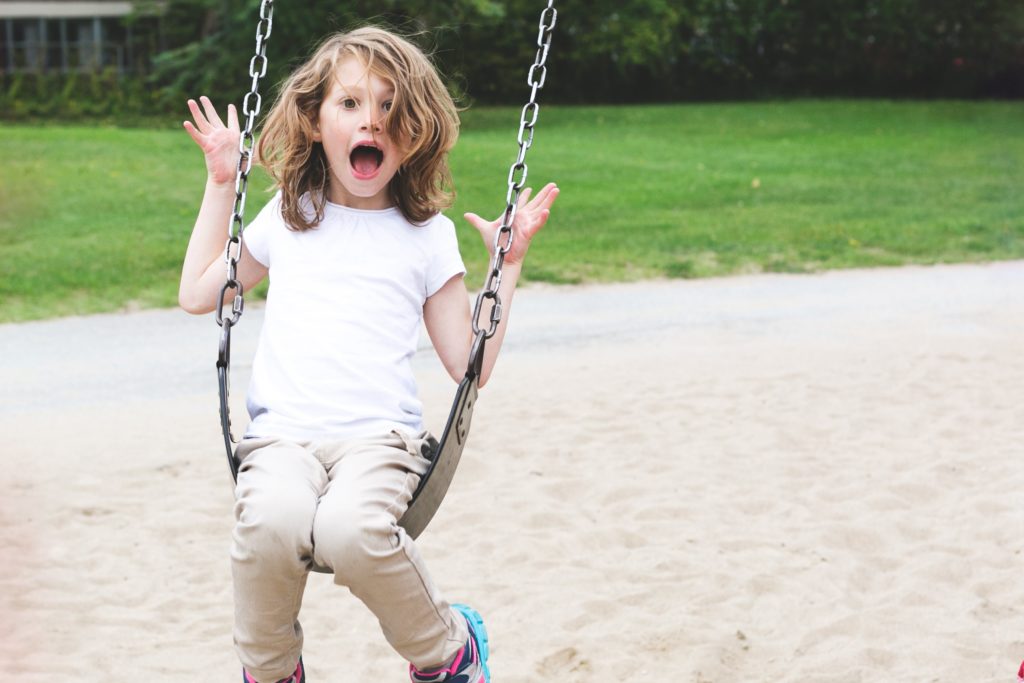The quest for knowledge is a lifelong journey that begins in childhood. It is a journey that extends far beyond the confines of a classroom, encompassing a continuous, dynamic process known as lifelong learning. Lifelong learning is the pursuit of knowledge and skills that extends beyond formal education and persists throughout one’s life. Cultivating this passion for learning from an early age in children is instrumental in shaping their future success and personal growth.
Lifelong learning is a multifaceted concept that goes beyond the traditional view of education as confined to school or university years. It encompasses a holistic approach to knowledge acquisition, skill development, and personal growth that continues throughout one’s life. Lifelong learners are motivated by curiosity and the desire for self-improvement, driven by the belief that learning is a lifelong adventure rather than a finite destination.
The foundation of fostering lifelong learning in children lies in nurturing a love for learning. This begins in early childhood when curiosity is at its peak. Children are naturally inquisitive, and it’s crucial to encourage their inquisitiveness. Parents, educators, and caregivers play a vital role in creating an environment where learning is celebrated, questions are encouraged, and exploration is supported. Providing children with opportunities to explore their interests and passions is essential in kindling the spark of lifelong learning.
While fostering a love for learning in children primarily depends on creating a supportive environment, material resources can significantly enhance the learning experience. Here are some material resources that can be helpful in fostering lifelong learning in children.
Books are a gateway to knowledge, imagination, and new worlds. Providing children with access to a variety of books, both fiction and non-fiction, broadens their horizons and stimulates their intellectual curiosity.
Educational toys and games can make learning enjoyable and interactive. They encourage problem-solving, creativity, and critical thinking while making the learning process fun.
Art supplies like crayons, paints, and paper can be valuable tools for fostering creativity and self-expression in children. They encourage artistic exploration and self-discovery.
In the digital age, computers and educational software can provide children with interactive learning experiences. Educational software offers engaging content that helps children develop a wide range of skills, from math and science to language and history.
Nature itself is a powerful learning resource. Access to natural environments allows children to explore, observe, and develop an appreciation for the natural world. It also provides opportunities for science education and environmental awareness.
Visits to museums and science centers expose children to diverse subjects and interactive exhibits. These outings can spark a child’s interest in history, science, art, and culture.
The internet is a vast repository of information, making it an invaluable resource for lifelong learning. With proper guidance and supervision, the internet can be a tool for research, exploration, and learning about a wide array of subjects.
Self-directed learning is a crucial aspect of lifelong learning. It involves children taking charge of their own learning journeys, identifying their interests, setting goals, and seeking knowledge independently. Encouraging self-directed learning in children involves providing them with the autonomy to choose topics of interest, access to relevant resources, and the freedom to explore and experiment. It’s about fostering the skills of research, critical thinking, and problem-solving.
Every child has a unique learning style. Some are visual learners, while others are auditory or kinesthetic learners. Recognizing and adapting to these diverse learning styles is essential in fostering lifelong learning. Educators and parents should provide a variety of learning materials and experiences to cater to different styles, making learning more engaging and effective for each child.
Adults who embody a passion for learning can serve as inspirational role models for children. These role models can be parents, teachers, or other respected individuals in a child’s life. Role models demonstrate that learning is a lifelong pursuit and show children the value of continuous self-improvement.
A growth mindset is the belief that abilities and intelligence can be developed through dedication and hard work. Encouraging children to embrace a growth mindset fosters a love for learning, as they see challenges as opportunities for growth rather than obstacles. It teaches them resilience, perseverance, and a willingness to learn from failures.
Learning is not a solitary endeavor. Building learning communities can provide children with a supportive network of peers and mentors. These communities can take various forms, from book clubs and study groups to after-school programs and extracurricular activities. In these settings, children can collaborate, share their knowledge, and gain new insights through discussions and interactions.
While the focus of fostering lifelong learning in children is on non-formal and self-directed learning, it’s important to recognize the role of formal education. Schools and teachers play a significant role in providing a structured foundation of knowledge and skills. Encouraging a positive attitude toward school and education is crucial, as it can complement and enhance a child’s lifelong learning journey.
Critical thinking and problem-solving skills are essential for lifelong learning. These skills enable children to evaluate information, make informed decisions, and adapt to new challenges. Fostering these skills involves encouraging children to question, analyze, and think independently.
It involves creating an environment where curiosity is celebrated, self-directed learning is encouraged, and a love for learning is nurtured. While material resources can enhance the learning experience, it’s the supportive and encouraging atmosphere created by parents, educators, and caregivers that truly ignites the flame of lifelong learning. The journey of lifelong learning is one that continues to evolve, adapt, and flourish throughout a person’s life, enriching their experiences and contributing to their personal and intellectual growth.



